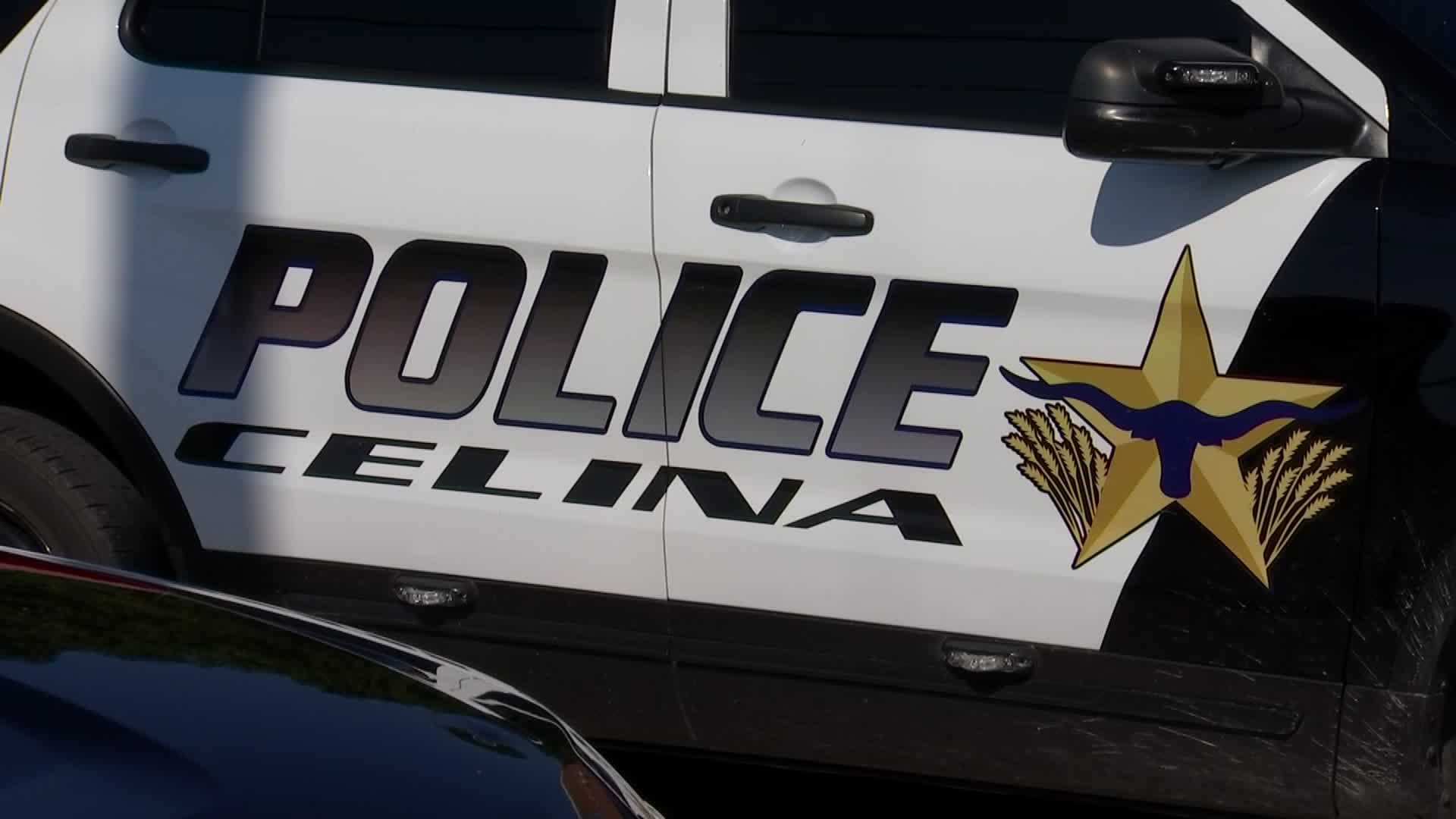As the community mourns the shooting deaths of two health care workers at Methodist Dallas Saturday, many are asking what can be done to better protect hospital campuses.
As family, friends and the health care community mourn the loss of two Methodist Dallas Medical Center employees killed in a shooting Saturday, safety at hospitals is a major topic of discussion.
"Safety in hospitals is something that's always a top priority," said Stephen Love, CEO and president of the Dallas Fort Worth Hospital Council.
He explained why hospitals don't look like fortresses.
"It's a delicate balance, to try to accommodate the needs of the patient, the patient's family and loved ones and keep a secure, safe environment," said Love.
Get top local stories in DFW delivered to you every morning. Sign up for NBC DFW's News Headlines newsletter.
He said many hospitals want to make their facilities feel inviting and open to those who need help, which is a reason why you don't see metal detectors at hospitals.
"Some hospitals do it, not all the hospitals here in North Texas use metal detectors, of course, because they still want that warm, nurturing atmosphere," he explained.
He said two public hospitals, including Parkland, have metal detectors at the Emergency Room entrance, but that's about it.
Local
The latest news from around North Texas.
Love also explained that each hospital has its own security plan and protocol.
"I won't go into great detail, but they have security offices. Many have their own police force. They do active shooter training, and they have employees that are trained to defuse situations," said Love.
Emotions can run high in a place where birth, sickness and death happen.
In the last two years, Love said the amount of workplace violence has increased partially due to the pandemic.
"I think it's easy for people to think in terms of, 'You should have real strict security.' But remember, during COVID, we had people that got upset because we had to restrict visitation because it was such a contagious disease, and we had people irate," said Love, who also referenced issues with people upset with COVID-19 protocols, such as masks.
The Texas Nurses Association said incidents of workplace violence among health care workers have been rising since before the pandemic and, citing numbers from the U.S. Bureau of Labor Statistics, the rate of 12.7 violent events per 10,000 full-time workers is about three times greater for registered nurses than all other professions.
"This is unacceptable," said Dr. Serena Bumpus, registered nurse and CEO of the Texas Nurses Association. "No person should fear for their life for merely going to work, especially a nurse or health care worker whose passion is to help others heal."
She said a new study shows that nationally, on average, two nurses are attacked every hour.
Love said there is a push through legislation on the federal level to protect health care employees through a proposed bill called the Safety from Violence for Healthcare Employees (SAVE) Act.
"It's very similar to the federal legislation where it's a federal crime to attack an airport worker, a flight attendant. We want the same thing for health care workers," he said.
When it comes to tangible change right now, he said North Texas Hospitals continue to evaluate their police forces and security systems.
It's something Methodist Health Systems said it's doing in light of what happened three days ago. In a statement, the hospital wrote:
"In light of the ongoing police investigation, Methodist Health System will not be issuing further details at this time other than to confirm that the incident on October 22, 2022, did occur on the mother/baby unit. Since Saturday's shooting, and out of an abundance of caution, police force staffing has been increased on the Methodist Dallas Medical Center campus, including for mothers and babies. Safety on each of our campuses is of paramount concern and is evaluated on an ongoing basis and anytime an issue occurs. For example, Methodist employs its own highly trained police force and has recently installed external and internal camera systems that employ the latest analytic technology. Other improvements include increased physical security measures and ongoing active-shooter training for all staff. Furthermore, all campuses conduct interdisciplinary daily safety huddles with hospital leaders. Additional meetings of our ongoing Methodist Dallas Medical Center Safety and Security Steering Committee are already scheduled. While all of these steps and others continue to be evaluated and implemented, we believe it's important not to lose the focus we should place on supporting the families of the victims of this isolated and tragic event."
The Dallas-Fort Worth Hospital Council said it has asked all hospitals and the community to take part in a moment of silence at noon on Wednesday to reflect on the two health care heroes lost.



